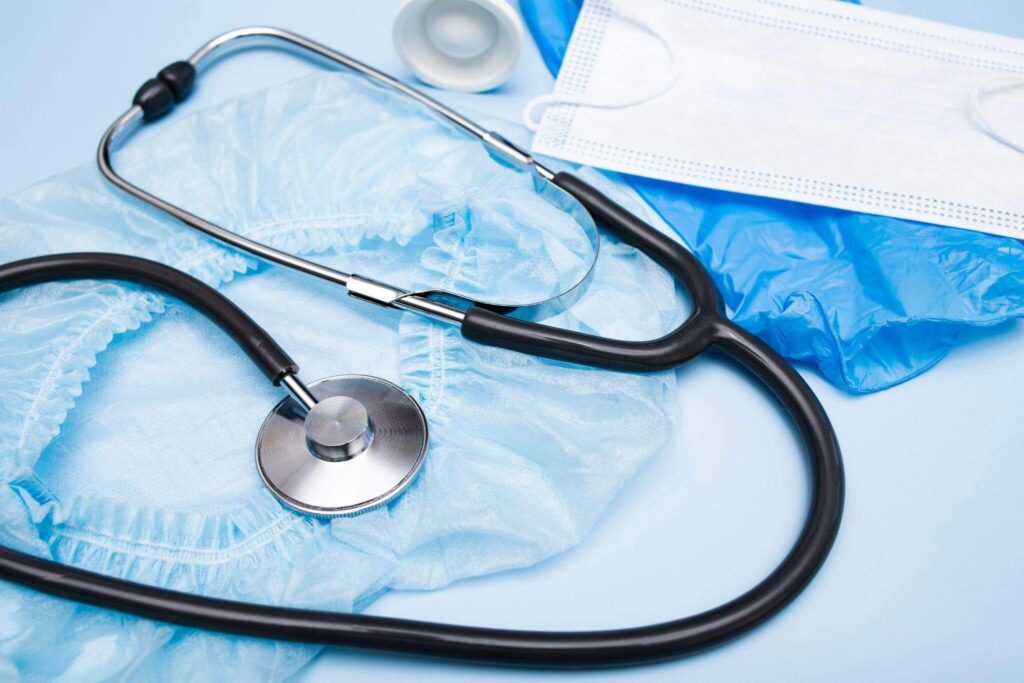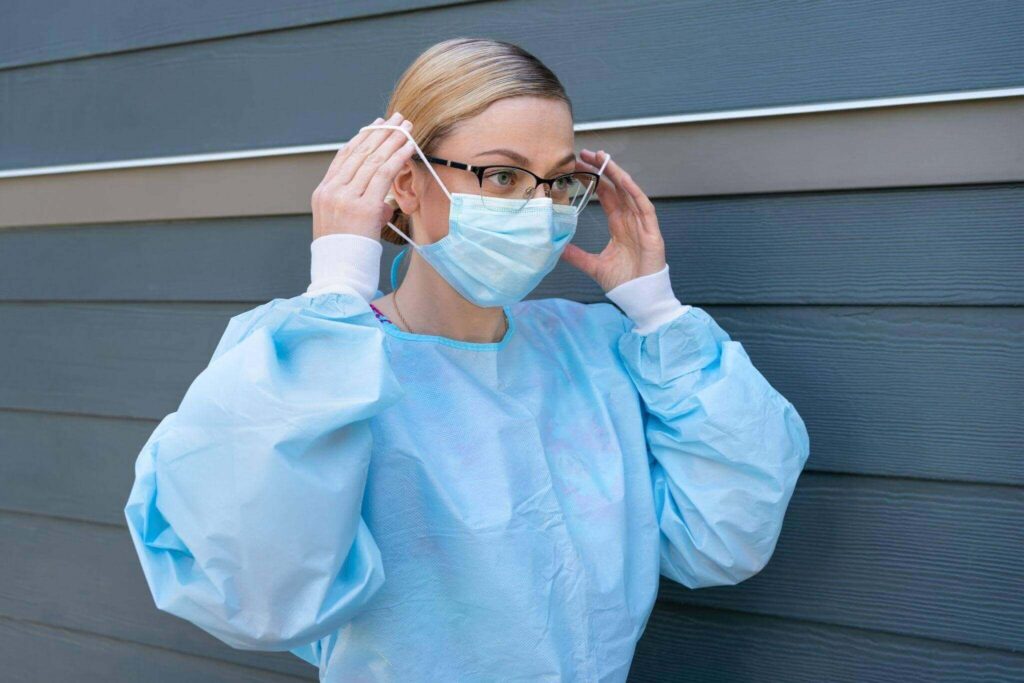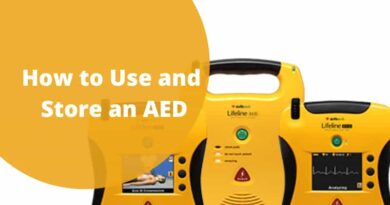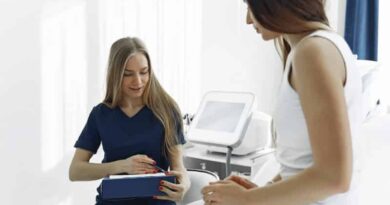14 Must-Haves for Every Nurse to Be Successful
As a nurse, you have an invaluable role in ensuring that patients receive the best care. You work tirelessly every day trying to make the experience of those affected by ailments bearable. Your tasks include checking on and taking care of patients, liaising with doctors, administering medication, and monitoring vitals.
You’ll need some equipment and clothing to help you brave your long shifts. The items below are some of the must-haves for nurses who aim to give the best care possible.

Table of Contents
Things to Have for Every Nurse to Be Successful
1. Stethoscope
You use a stethoscope to check and interpret patients’ heart, lungs and abdominal sounds. Although it’s common practice to clean the ear tips of shared stethoscopes with alcohol pads, it is more sanitary to err on the side of caution and acquire your own stethoscope. In addition to this being great for hygiene, it boosts efficiency as you get used to the sounds and capabilities of your equipment.
2. Retractable Pen
You’re responsible for writing on slick wristbands, filling out patient lab labels and charting nurses’ notes. It is thus important that you carry a pen at all times. The pen should preferably be permanent black ink to avoid erasure and fading.
3. Comfortable Shoes
Due to the nature of your job, you spend a lot of time during your shift moving around the hospital to aid in administering care. You need comfortable shoes to carry you through your workday. You regularly help carry and move patients, a task that — without the right footwear — can put too much pressure on your spine.
You need to wear comfortable, supportive shoes. Since your feet expand during the day, your shoes should be roomy. They should have shock absorption capabilities to measure up to all the walking you do during your shift. Other factors to consider are slip resistance, water resistance and durability.
Read: Health and Wellness for Studying Nurses
4. Water Bottle
A water bottle is another one of your must-haves during your shift. Dehydration affects concentration and cognitive abilities. It also induces fatigue, which can affect your performance. You work in a fast-paced environment that requires you to be in great shape. Staying hydrated helps you maintain focus and the energy level you need to get through your long shift. Your water bottle should be big enough to minimize the need for refills.
5. Scrubs
It’s easier to endure long shifts in scrubs that not only suit your style preferences but are also comfortable. Scrubs are important for both sanitary and practical reasons. They’re a layer of protection against contaminants, such as body fluids and blood.
Scrubs are easy to wash, which is an important factor considering the high risk of contamination in a healthcare setting. Jogger scrub pants are made with antimicrobial material, which helps protect you and your patients from infection. Fun men’s scrubs come with reinforced pockets for carrying supplies and patterns to show off your personality.
6. Light Jacket
A light jacket that matches or complements your scrubs is a must-have for nurses working in cold areas. Many places in hospitals, especially operating rooms, are cool to reduce bacterial growth and minimize the risk of infection. Another option is to wear a long-sleeved T-shirt under your scrubs.
7. Scissors
Nursing or medical scissors are used to size bandages and dressings and cut through gauze and bandages already in place. The edges of nursing scissors are serrated to enhance smoother cutting action. It’s best to have a pair on hand to be prepared for emergencies in which the bandages need to be cut quickly.
8. Glasses
Protective glasses play a vital role in protecting you from infections that might reach you through your eyes. You’re required to wear protective glasses when assisting in the OR. The glasses should be lightweight with polycarbonate frames and a color combination that fits your style and personal taste.

9. Penlight
A penlight is a small flashlight made in the shape of a pen. It’s used to help you assess eye pupil response and how quickly a patient’s pupils constrict when exposed to sudden bright light. It’s an important diagnostic tool that’s easy to carry around in a scrub pocket. It can also be used to peer down patients’ throats while examining them.
Read: How Much Do Scrub Nurses Make?
10. Watch
A watch helps you time the administration of medication. It will help you to keep track and check on patients at regular intervals as well. A good digital watch with alarm-setting capabilities is among the must-haves for nurses.
11. Thermometer
A thermometer plays a critical role in checking a patient’s vitals. Its size enhances portability and makes it convenient to carry.
12. Hand Cream
The skin on your hands carries fewer oil glands than facial skin. You tend to use harsh soaps throughout your shifts and expose your hands to chemicals, powdered latex and nitrile gloves. So, it’s important to always use specialized hand cream to enhance skin moisture and keep your palms soft and healthy even after frequent handwashing.
13. Duffel Bag/Backpack
As a nurse on the go, you need a bag that’s convenient to carry and fitted with enough compartments for everything you need. You need a bag to carry essentials such as toiletries, hand cream or an extra pair of scrubs.
14. Notebook
A notebook allows you to record and organize important medical information. It should be small and easy to fit in a scrub pocket.
Equip Yourself With the Best Tools for the Job
Everyone walking into a healthcare facility depends on nurses for the best possible care. It’s important that, as a nurse, you come prepared and ready to serve to the best of your abilities and use the best tools available to you.
Recommended Articles:




